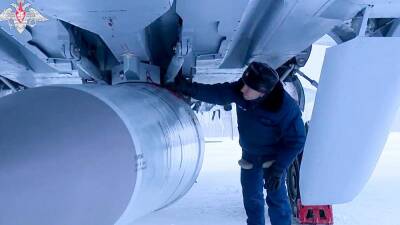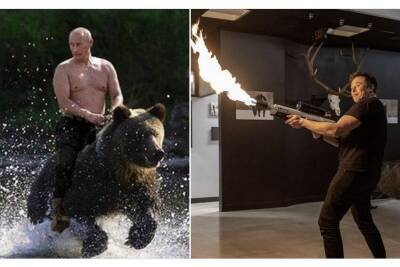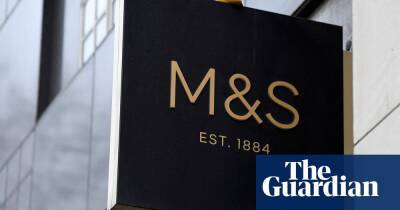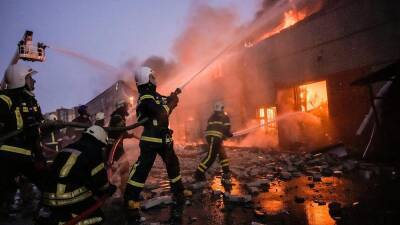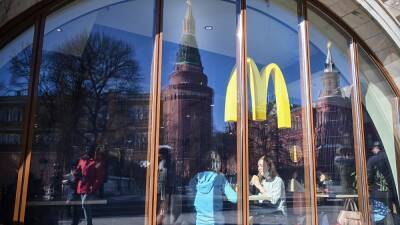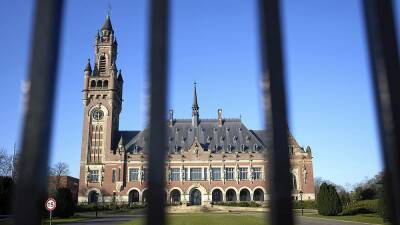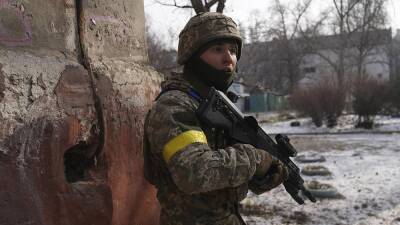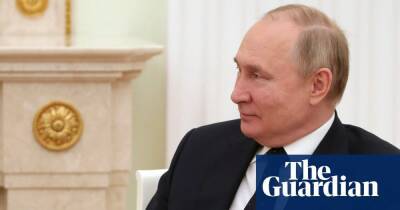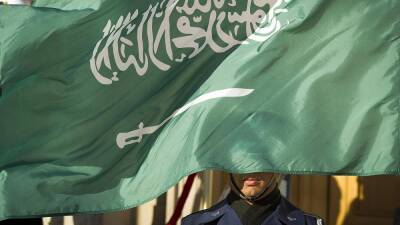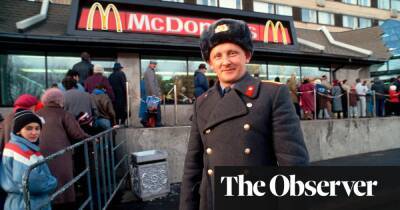The Guardian view on deglobalisation: McDonald’s quits Moscow
The Golden Arches Theory of Conflict Prevention once proposed that no two nations with McDonald’s franchises would go to war; people in those kinds of economies would rather queue for burgers. The thesis was not only crass, but soon disproven. Yet it nodded to a broader truth: that economic ties were drawing countries closer together, creating a global interdependence which would not quickly be undone.
Times have changed. On Tuesday, the American fast-food giant suspended its operations in Russia. It is part of a dramatic exodus by international brands – from Uniqlo, Netflix and Chanel to Apple, PwC and American Express – due to Vladimir Putin’s invasion of Ukraine, the western sanctions imposed in response and the public outcry. Shell and BP are selling their Russian assets. Britain and the US are banning Russian oil, while the EU is slowly phasing out gas imports, on which it is heavily dependent. On Friday, the US announced that, with allies, it was revoking Russia’s “most favoured nation” status.
This huge and abrupt retrenchment is contributing to an existing economic shift of deglobalisation. The arrival of McDonald’s in Moscow in 1990 exemplified the incoming tide of global integration. Economic liberalisation in China, the Soviet Union’s collapse and the advent of new technologies created a world connected as never before – one in which it would soon seem mundane for a Russian oligarch to own an English football club; for a Chinese state firm to invest in a British nuclear plant; for American teens to dance to Korean pop on a Chinese-owned app; for identical products to be sold from Dubai to Durban and Bangkok to Buenos Aires.
The economist Douglas Irwin argues that the financial crisis of 2008-09 marked the moment
Read more on theguardian.com

